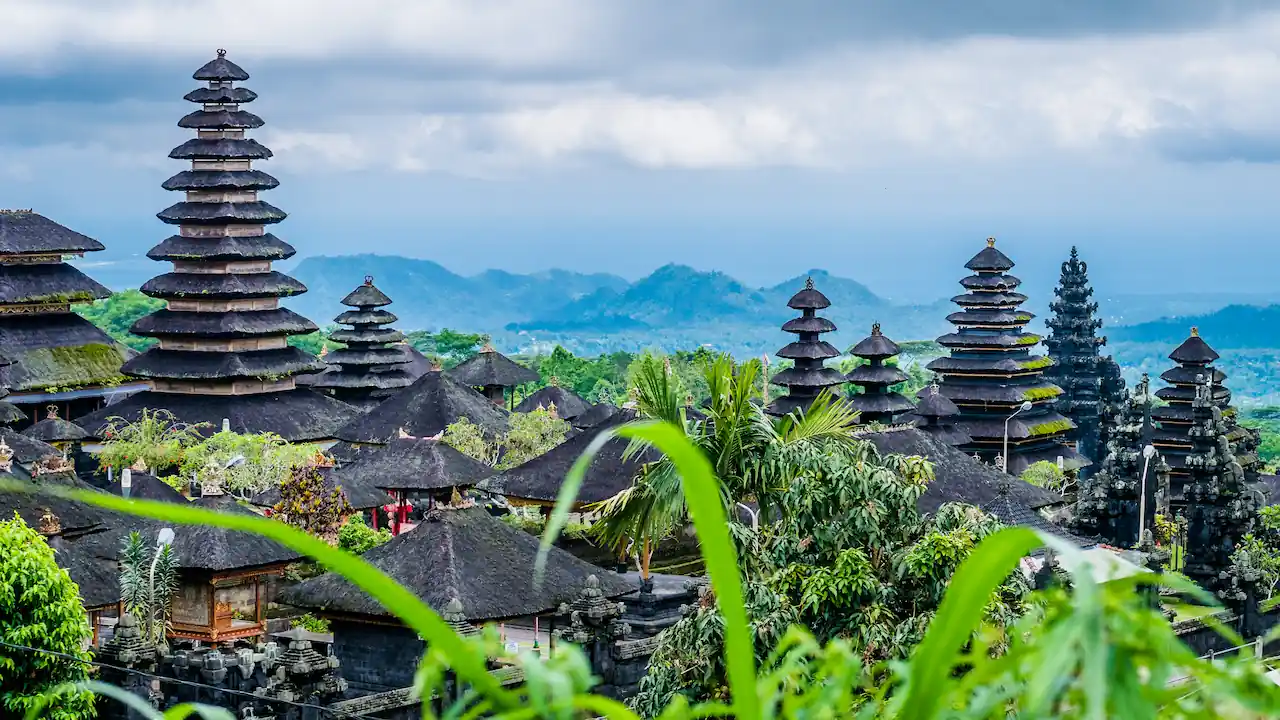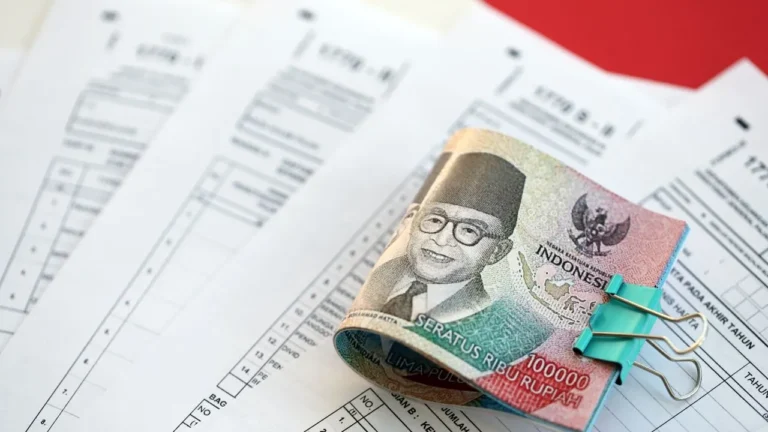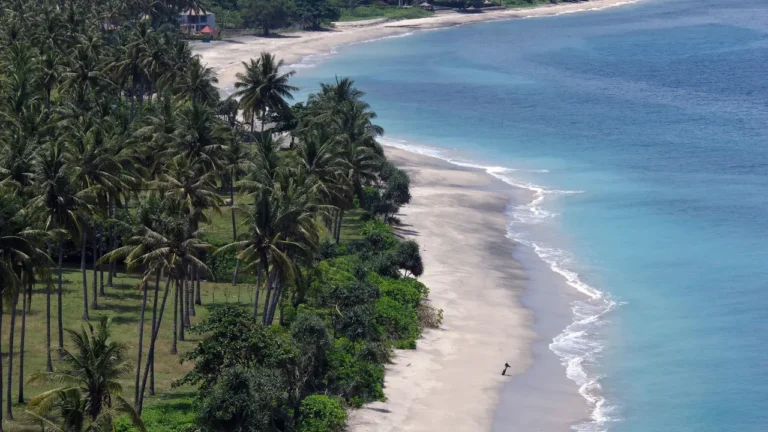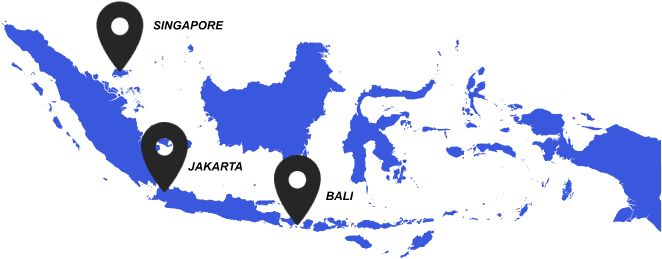Table of Contents
ToggleBali, a tapestry woven from emerald rice paddies, turquoise waters, and time-honored traditions, has always captivated hearts with its intoxicating blend of beauty and serenity. Yet, amidst the growth in Bali, this idyllic island finds itself at a critical juncture. Will it navigate the tumultuous currents of globalization and climate change, emerging as a beacon of sustainable prosperity and cultural vibrancy? Or will it succumb to the siren song of unchecked development, sacrificing its very essence at the altar of progress?

Define Bali’s future
- The Tourist Conundrum: Tourism, the lifeblood of Bali’s economy, pulsates through its veins. But this dependence, like a potent elixir, can become a double-edged sword. Unfettered tourist influxes strain infrastructure, deplete resources, and threaten the delicate fabric of local culture.
- Beyond the Beach Blanket: Diversifying the economic orchestra is the key to a sustainable future. Nurturing the fertile soil of agriculture, fostering the tech sector’s budding blossoms, and harnessing the sun’s renewable energy are just a few melodies in the symphony of economic diversification.
- Digital Nomads: A New Verse in the Narrative: As the growth in Bali intertwines with the rise of remote work, the island’s allure will draw a new wave of inhabitants – the digital nomads. These skilled professionals, equipped with laptops and a thirst for adventure, present an opportunity to infuse fresh talent and innovation into Bali’s economy. Bali must carefully manage their arrival to prevent widening existing inequalities and to ensure equitable access to resources and infrastructure for all.
- Nature’s Whispering Warnings: Bali’s low-lying geography, nestled in the ocean’s embrace, makes it vulnerable to the rising sea levels and extreme weather events that climate change unleashes. Adapting infrastructure, shielding coastal ecosystems, and embracing renewable energy are not just whispers on the wind, but urgent calls to action.
- Waste Not, Want Not: Rapid development, while bringing progress, has also brought with it the burden of waste management. Implementing efficient collection and recycling systems, alongside promoting responsible consumption habits, are critical steps in keeping Bali’s pristine beauty from drowning in its own waste.
- Cultural Crossroads: Balancing the growth of Bali with the preservation of its rich cultural heritage requires a delicate approach. Safeguarding ancient traditions, languages, and art forms is not about resisting change but about preserving the threads that make Bali uniquely captivating.
- A Collaborative Symphony: Navigating these challenges and seizing the opportunities requires a harmonious orchestra. Government, businesses, communities, and individuals must join hands, each instrument contributing its unique melody to the symphony of sustainable development.
Make navigating real estate in Indonesia easy
Save time and money by letting ILA’s team of experts guide your real estate journey in Indonesia. We can help with due diligence, land title transfers, notary services, contract drafting and reviewing, building permits, various licences and more.
Find more information about our broad range of real estate services, or reach out today for a free consultation.
The Road Ahead: Navigating Bali’s Future:
- Sustainable Tourism: Promote responsible tourism practices that minimize environmental impact, support local communities, and preserve cultural heritage. Encourage eco-friendly accommodation, responsible waste disposal, and cultural sensitivity among tourists.
- Economic Diversification: Invest in agriculture, renewable energy, technology, and other sectors to create new jobs and reduce dependence on tourism. Support local businesses and entrepreneurs, and foster a climate of innovation and creativity.
- Climate Change Adaptation: Develop and implement comprehensive plans to address rising sea levels, extreme weather events, and water scarcity. Invest in infrastructure that is resilient to climate change and promote sustainable land management practices.
- Waste Management Revolution: Implement efficient waste collection and recycling systems, and encourage responsible consumption habits among both residents and tourists. Explore innovative solutions like composting and waste-to-energy projects.
- Cultural Preservation: Support local artists and artisans, promote traditional languages and customs, and ensure equitable access to education for all. Encourage cultural exchange while respecting local traditions and values.
- Community Engagement: Empower local communities to participate in decision-making processes, ensure equitable distribution of benefits from development, and promote social and cultural cohesion.
Bali’s future is not preordained. It is a canvas waiting to be painted, and the brushstrokes we choose today will determine its hue. By embracing a sustainable and inclusive path, we can ensure that the island of God can take and lead changes of the next decades
Read also : Is Bali a Bubble About to Explode?
Technology: Orchestrating a Sustainable Future for Bali
Technology, once viewed as a disrupter, can be a powerful ally in Bali’s quest for a sustainable future. Imagine smart irrigation systems whispering to thirsty rice paddies, precisely delivering life-giving water while minimizing waste. Envision waste management apps connecting residents with efficient collection and recycling services, transforming waste into a resource, not a burden. Picture e-commerce platforms showcasing local crafts and agricultural produce, empowering small businesses and amplifying their reach beyond island shores.
These are not mere figments of imagination, but the potential melodies technology can weave into Bali’s sustainable symphony. The growth in Bali can be further supported by smart grids powered by renewable energy, illuminating villages and resorts with minimal environmental impact. Additionally, eco-friendly transportation options, such as electric scooters and bicycles, can play a pivotal role in reducing carbon footprints and enhancing air quality across the island. Precision agriculture techniques can optimize yields, minimize water and fertilizer use, and empower farmers to make informed decisions.
Impact on Communities: A Tapestry of Change and Opportunity
The tapestry of Bali’s future is not woven in uniform color. Different communities will experience the impact of technology and development differently. Farmers, the backbone of the island’s agricultural heritage, must be equipped with tools to adapt to changing market demands; likewise, they should embrace sustainable practices to preserve their legacy. Similarly, fishermen facing depleting fish stocks can benefit from technology that tracks fish populations and promotes responsible fishing practices.
Digital literacy initiatives and access to online marketplaces empower women, who often play crucial roles in household finances development. The conversation must include Indigenous communities, who act as custodians of ancient traditions and knowledge. Efforts must amplify their voices and protect their cultural heritage in the face of technological advancements.
Education and Awareness: The Seeds of Sustainable Change
Technology is not a magic wand, but a tool that needs skilled hands to wield it effectively. Environmental education, from early childhood to adult learning programs, must be prioritized to foster a culture of sustainability. Cultural sensitivity training can bridge the gap between tradition and innovation; moreover, it ensures technology serves rather than disrupts the island’s unique fabric. Additionally, community engagement through open dialogue and collaborative decision-making is crucial to ensure technological solutions meet everyone’s needs.
Future Scenarios: A Glimpse of Paradise Preserved
Fast forward to 2030, and imagine the growth in Bali transforming the island into a thriving hub of sustainable innovation. Solar panels power villages, electric vehicles line the streets, and biogas conversion transforms waste. Farmers use AI-powered drones to monitor crops and optimize yields, while fishermen rely on real-time data to locate abundant fish stocks
But challenges remain. The digital divide might widen, leaving some communities behind. Cultural identity might face dilution in the face of rapid change. Balancing economic growth with environmental protection will be a constant dance. Yet, with careful planning, inclusive development, and responsible use of technology, Bali can emerge as a model for sustainable paradise. A shining example of how tradition and innovation can harmonize to create a future that is both prosperous and vibrant.
By aligning the growth in Bali with technology’s potential, addressing the concerns of diverse communities, and fostering education and awareness, the island can ensure its future resonates with harmony and hope. Let technology be the conductor, but let the melody be guided by the collective wisdom and aspirations of Bali’s people. Only then can Bali truly shine as a beacon of sustainable paradise, showcasing the transformative power of collaboration and innovation.























